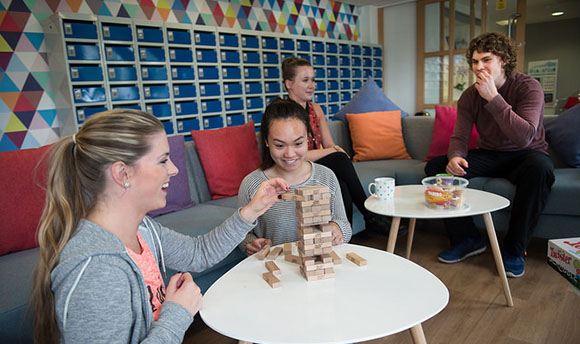Edinburgh recently welcomed the 1,000th person granted refuge in Scotland through the Syrian Resettlement Scheme, a significant milestone that marks the fact that Scotland has become home to one third of the total number of Syrian refugees who have come to the UK in the last year. But in terms of global numbers this contribution is very small.
The 'global migration crisis', as it is widely referred to, continues to dominate public and political discussion worldwide and is the focus of two major events in New York this week [w/c 19th September].
The UN General Assembly Summit for Refugees and Migrants will see Heads of State and Government gather for the first time to come up with a blueprint for a better international response to large movements of refugees and migrants.
On the margins of the UN General Assembly, President Barack Obama will host the Leaders’ Summit on Refugees to stimulate new global commitments designed to ease the crisis.
These events mean that New York will also be hosting not only government leaders but also representatives from non-profit organisations working with refugees and academic researchers from around the world, wrestling to come to terms with the unprecedented humanitarian, social and political challenges that have been brought about through the war in Syria and instability in so many other settings.
Scotland is playing its part not just in alleviating the suffering of those displaced from their homes through the humanitarian crisis, but through world-leading collaborative research that informs policy decisions and discussions taking place at the highest level.
I will be in New York presenting findings from research relevant to the crisis with researchers in the Middle-East and sub-Saharan Africa and colleagues at Yale and Columbia universities. I will be sharing three main messages based upon IGHD’s ongoing research and collaborations.
Firstly, the generation arguably most disrupted by the current crisis is youth. Clearly young children, adults, and older persons all face huge difficulties when forced to flee their homes. But for adolescents, displacement and traumas that result in missing crucial years of schooling can irretrievably change the nature of opportunities for a lifetime. Getting children and young people quickly in to school, or otherwise engaged in structured activities, has an immediate benefit. It will also hugely shape their future.
Secondly, conflict and flight leads to rapid degradation of key public services such as the health system. People die in conflict-affected settings chiefly because of disruption of the health system, whether it be loss of doctors and nurses, damaged medical equipment or inability to access a clinic. Deaths from injuries caused by the conflict are less common.
Thirdly, while political manipulation of religious identity is at the root of many conflicts, the religious impulse within many communities for hospitality and care of the stranger is fundamental to humanitarian efforts across the world. A major focus of my meetings in New York will be documenting, and more effectively harnessing, the small-scale efforts of local churches, mosques, temples and other local faith groups in welcoming and supporting others uprooted from their homes.
Learning how these groups work through religious and cultural differences to find common humanity with the displaced in their midst may turn out to be key to envisioning our post-refugee crisis world.
People migrate for many reasons: to escape conflict or persecution; in response to natural disaster or to seek out new opportunities or. In 2015, according to the UN, there were 244 million migrants. Many of them move without incident. However forced displacement and large movements of people have ramifications that cross borders and the events in New York will call for greater international co-operation in finding a global solution to these challenges.
Although a small nation, and removed geographically from current areas of conflict, Scotland has a significant role to play in helping to ensure “no-one is left behind”, the pledge made in the UN’s 2030 Agenda for Sustainable Development. We have much still to contribute that will impact on the wellbeing of millions of people uprooted from their homes and homeland and forced to flee, a nightmare most of us will only ever imagine.
My book Faith, Secularism and Humanitarian Engagement revisits the principles and practices of humanitarianism.







